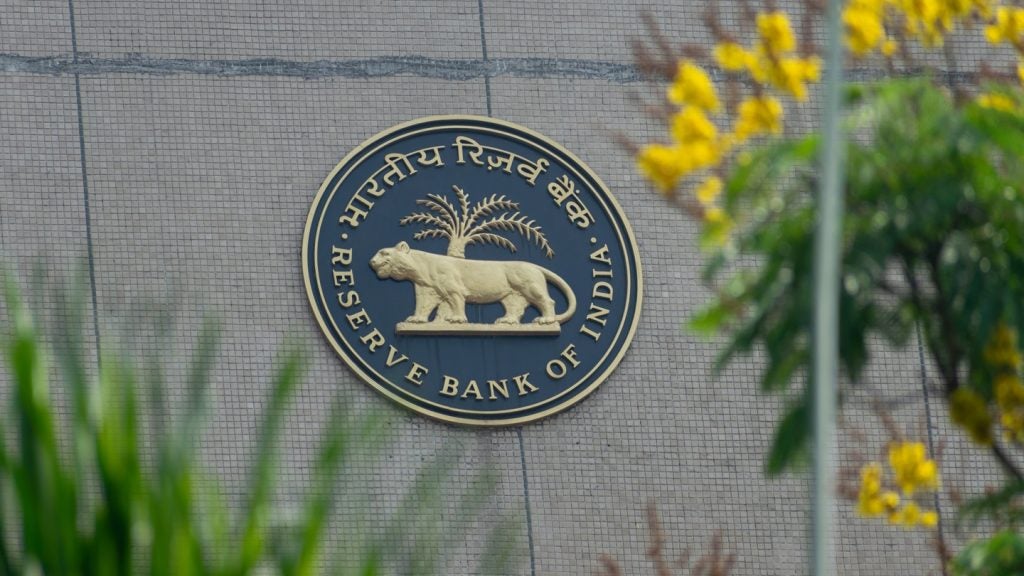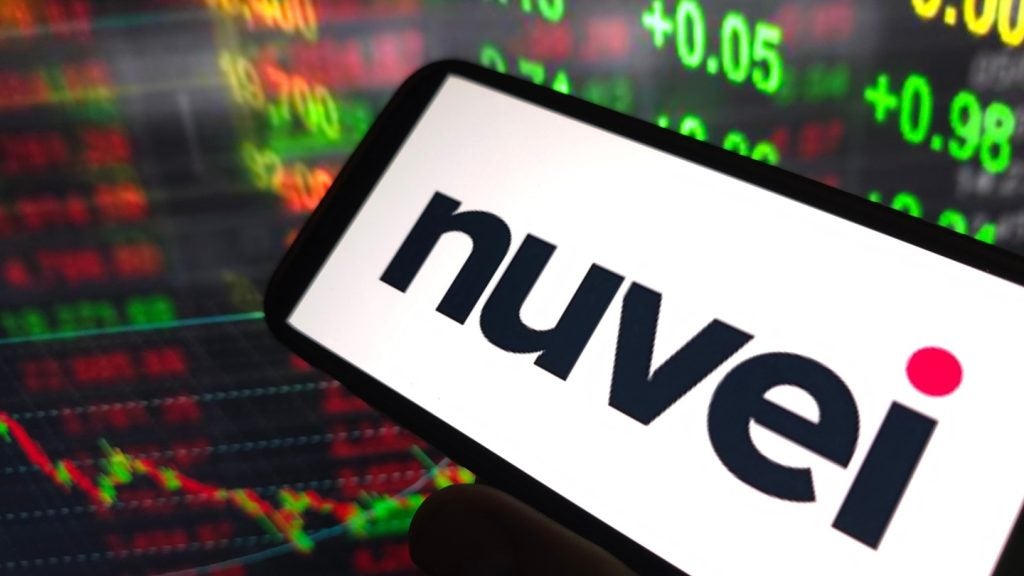MasterCard has forecasted that the planned launch of the central bank’s cashless policy in Nigeria will cut down cash transactions dramatically. The new initiative will be launched on 1 July across the nation to help financial inclusion and modernise the country’s payment system. Valentina Romeo reports
The cashless policy initiated by the Central Bank of Nigeria (CBN) aims at reducing, but not eliminating, the amount of physical cash circulating in the economy and encouraging more electronic based transactions. Though the adoption of cards and other electronic payment methods has been slow, the Nigerian Inter-Bank Settlements Systems (NIBSS) has reported that the volume of cashless transactions doubled every six months since its inception.

Access deeper industry intelligence
Experience unmatched clarity with a single platform that combines unique data, AI, and human expertise.
"One of the key elements of this policy is the reduction of banking services costs and the cost of credit, as well as driving financial inclusion by providing more efficient transaction options, and greater reach," Omokehinde Ojomuyide, vice president and area business head, MasterCard in West Africa tells CI.
She says a robust electronic payments sector is one of the main conduits through which financial inclusion for Nigeria’s unbanked and under-banked population can be achieved.
"Broadening access to financial services will mobilise greater household savings, marshal capital for investment, expand the class of entrepreneurs, and enable more people to uplift themselves out of poverty. Financial inclusion is therefore necessary to ensure that economic growth is inclusive and sustained."
Nigeria today records between 600m and 1bn transactions on a daily basis, while less than 100,000 transactions were previously recorded on a monthly basis. CBN recently made cashless transactions worth N502.85bn ($3.1bn) at its last cashless policy awareness campaign among market women in the country.

US Tariffs are shifting - will you react or anticipate?
Don’t let policy changes catch you off guard. Stay proactive with real-time data and expert analysis.
By GlobalDataThe CBN also revealed that a total of 9.9tn transactions worth N93bn were made through Mobile Money from January to October 2013.
"MasterCard has a shared objective with the Central Bank of Nigeria in that our global vision is of a world beyond cash. We believe that with a pioneering initiative like Cashless Nigeria in place, the country will soon reach a tipping point where innovative electronic payment systems will leapfrog the historical systems that had previously hindered economic growth," Ojomuyide says.
"We are working with the government, various financial sector players, consumers and businesses to increase the adoption of electronic payments."
For example, MasterCard is working with Nigerian financial institutions and technology partners to roll out the country’s largest formal electronic payments solution, which also happens to form the backbone of its National Identity Card project. According to MasterCard, with a pilot project of 13m prepaid cards, this program will bring the adult population of Africa’s most populous nation into the financial fold.
Ojomuyide adds: "We have also implemented numerous training programs with financial institutions and merchants, focussing on card knowledge, skills development, and best acceptance practice to develop the financial services industry by educating the sector on the importance and benefits of electronic payments."
Moreover, MasterCard has started on various other initiatives such as facilitating capacity-building, and EMV and M/TIP training for the Nigerian National Central Switch to enable the standardisation in Point of Sale (POS) acquiring in the country.
MasterCard has also announced the findings of the Road to Inclusion, a report that looks at what financial exclusion or underservice means to the millions of people within this group.
According to the report, 66% of the financially underserved and excluded respondents said that prepaid cards were "unique and different", 60% said that prepaid cards were "relevant", and 58% said they are likely to apply for a prepaid card.
Ojomuyide says: "Coupled with the high penetration of the mobile phone amongst the group (85%), we believe that a prepaid card linked to the mobile phone account can provide a simple entry point into the financial system and bridge the gap between the formal financial services sector and the millions of underserved or unbanked individuals, especially when combined with services such as bill payment and Person-to-Person capabilities,"
Reshaping the payment framework
In Nigeria, the payments industry is in an initial growth phase, with an estimated 90% of all consumer retail transactions still conducted in cash. In addition, millions of Nigerians do not have access to financial services or traditional banking products.
Ojomuyide says: "Urbanisation, an expanding labour force, and the rise of the middle-class consumer, are all fuelling demand for safe, secure and convenient payment products and services.
"The Nigerian government has been taking an active role in seeking to reduce consumer cash usage, through efforts at moral suasion and specific taxes on large purchases done using cash."
Going forward, increased consumer expenditure from the growing Nigerian middle class can be expected to spur the shift to more cashless payments. The move to cashless will also be supported by the government push for financial inclusion and integration of the country’s unbanked population through the implementation of the National Identity Card enabled for electronic benefits payments via EMV technology.
"Various financial institutions have demonstrated a commitment to the Cashless Nigeria initiative. For example, banks across the country have demonstrated support for the Central Bank of Nigeria’s initiative by educating their customers as well as enforcing regulations that will encourage a reduction in cash," Ojomuyide explains. Others mandated by the Central Bank of Nigeria, such as NIBSS have undertaken sensitisation on the benefits of the Cashless policy, especially in rural areas, which is expected to deepen the adoption by consumers across the country.
At the moment, Nigeria has huge broadband capacities that are clustered on the shores of the country, but lacks national backbone infrastructure to transmit the capacities to the hinterlands.
According to the Association of Telecoms Companies of Nigeria, less than 10% of the huge broadband capacities at the shores of the country are currently been utilised.







